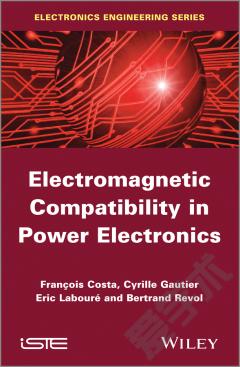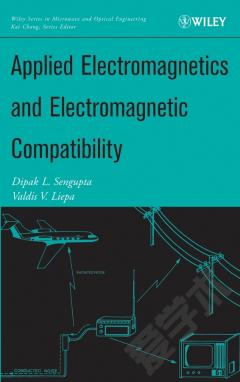Electromagnetic Compatibility in Power Systems
A large amount of natural or artificially produced physical phenomena are exploited for practical applications, even though several of them give rise to unpleasant consequences. These ultimately manifest themselves under form of malfunction or definitive failure of components and systems, or environmental hazard. So far, manifold categories of inadvertent or deliberate sources have been discovered to simultaneously produce useful effects in some ways but adverse ones in others. In particular, responsible for the growing interest in the last decades for Electromagnetic Compatibility (EMC) has been the progressive miniaturisation and sensitivity of electronic components and circuits, often operating in close proximity to relatively powerful sources of electromagnetic interference. Potential authors of books on the subject-matter are fully aware of the fact that planning production of manageable handbooks capable to treat all the EMC case studies of practical and long-lasting interest could result in a questionable and difficult undertaking. Therefore, in addition to textbooks providing a thorough background on basic aspects, thus being well-tailored for students and those which want to get in contact with this discipline, the most can be made to jointly sustain a helpful and practicable publishing activity is to supply specialised monographs or miscellanies of selected topics. Such resources are preferentially addressed to post-graduate students, researchers and designers, often employed in the forefront of research or engaged for remodelling design paradigms. Hence, the prerequisite for such a class of publications should consist in arousing critical sense and promoting new ideas. This is the object of Electromagnetic Compatibility in Power Systems, which tries to rather discuss special subjects, or throw out suggestions for reformulating conventional approaches, than to appear as a reference text. A common motivation encouraged the contributors to bringing together a number of accounts of the research that they have undertaken over the late years: willing to fill the important need of covering EMC topics rather proper to transmission and distribution of electric power than, more usually, to Electronics and Telecommunication Systems.EMC topics for Power Systems, at last!Investigating EMC features of distributed and/or complex systemsA broad body of knowledge for specific applicationsA stimulating support for those which are engaged in the forefront of research and designAn example of how breaking ideas should be encouraged and proudly appliedA fruitful critique to overcomplicated and unpractical modelsA comprehensive resource to estimate the important role of EMC at lower frequencies
{{comment.content}}








 京公网安备 11010802027623号
京公网安备 11010802027623号